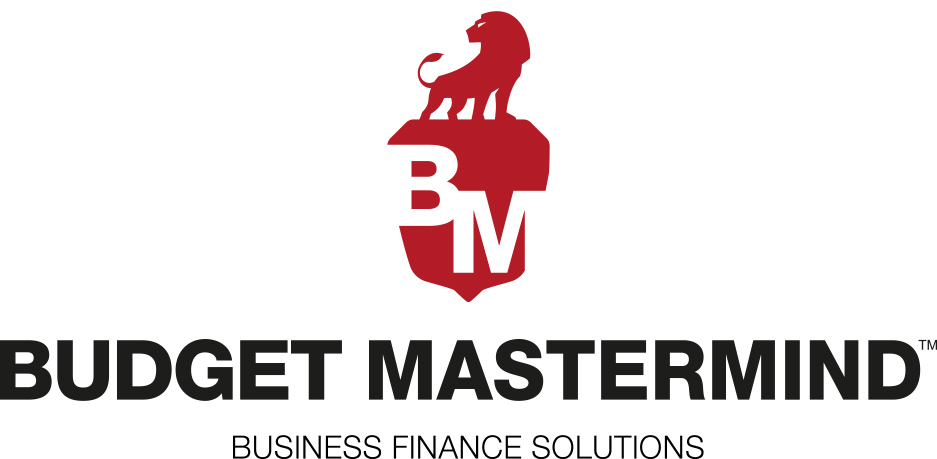Inflation is often considered a tax because of its detrimental effects on the purchasing power of currency. Small businesses find themselves unfairly targeted by changes in inflation because even small fluctuations can have a large impact on their daily operations.
Inflation Effects
Inflation affects businesses in several ways. First off, it increases the prices of raw materials and the price of labor. Additionally, it decreases demand of products because of increasing prices. Small businesses are particularly affected by a decrease in demand because they are generally price takers, and find it more difficult to push higher prices onto their customers. In some cases, they may even find themselves absorbing the extra costs themselves.
Inflation also plays a role in lending costs. Inflation actually helps those who have already taken out loans, as the worth of each pound that needs to be paid back has gone down. On the flip side, because interest rates will have risen, taking out a new loan will be more expensive.
How to Prepare
Inflation is unpredictable and is out of the control of the everyday business owner. Because of this, it is hard to be completely protected from its effects. Following the financial news and keeping updated on government policies are two ways to stay informed to help predict future inflation. Additionally, maintaining a flexible financial budget and leaving reserves will help to lessen the impact.
Inflation can have detrimental effects on small businesses because they are sensitive to volatility. The best you can do to is to keep up to date on the current state of the economy and remain adaptable in budgeting and planning.
For more tips and tricks on helping you grow your business, follow Budget Mastermind on LinkedIn or @budgetmastermnd on Twitter!
Budget Mastermind provides business finance solutions to help grow businesses. If interested in our services, visit our website at www.budgetmastermind.com.

